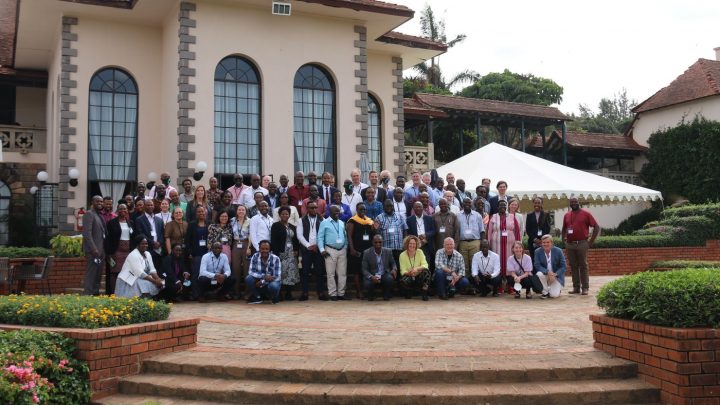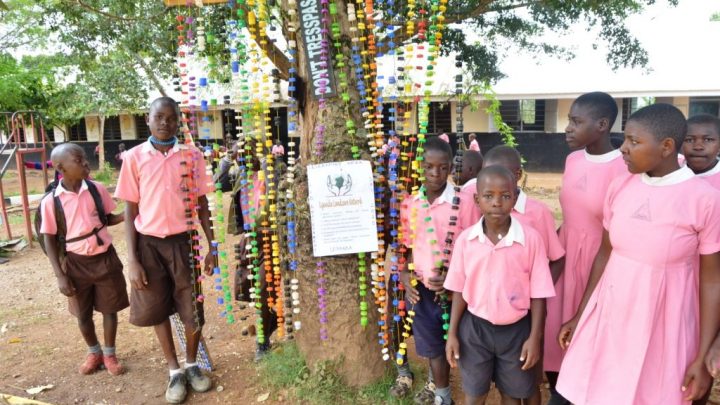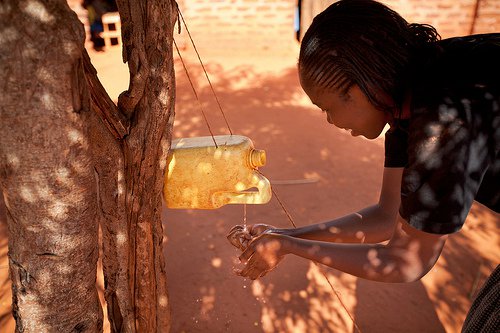What we do best
Evergreening
EXPLAINING
EverGreen Agriculture
EverGreen Agriculture, one form of agroforestry, is a transformational concept for the regreening of agriculture in the 21st Century. It is an affordable and accessible nature-based solution for regenerating degraded land, and for increasing household food production and cash income. This system addresses the global challenges of food security and rural poverty, land degradation, and the imperative for agriculture to adapt to and mitigate climate change.
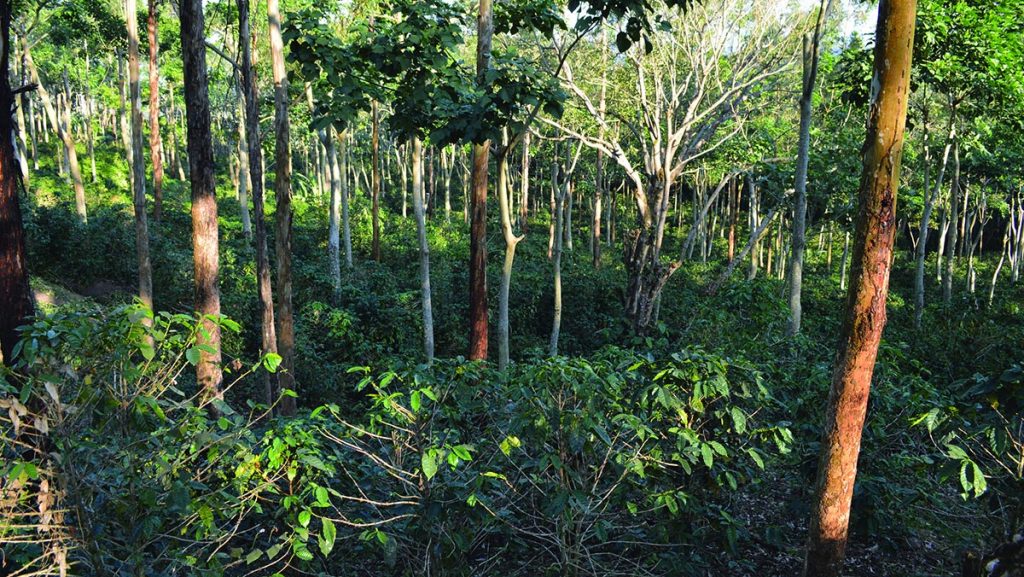
EverGreen Agriculture is an intensive farming that integrates trees into crop and livestock production systems. These farming systems use both perennial and annual species (food crops and trees), maintaining a double–story cover throughout the year. It is part of the broader regreening approach with a focus on agricultural land, both private and communally held. It includes the following forms of agriculture involving trees:
farmer-managed natural regeneration of trees
conventional agriculture interplanted with trees
conservation agriculture with trees
EverGreen Agriculture (EVA) and, in particular, Farmer managed Natural Regeneration (FMNR) represent low-cost scalable solutions to improve livelihoods and food security. These practices mitigate the impacts of a changing climate, and build the adaptive capacity of smallholder farming households to recover from shocks and manage stresses and risks.
benefits

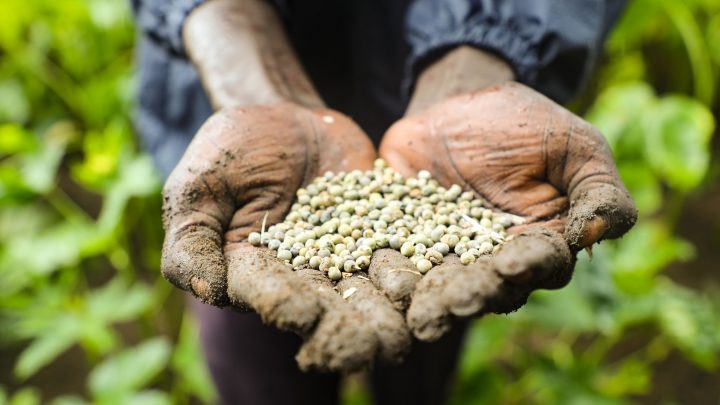

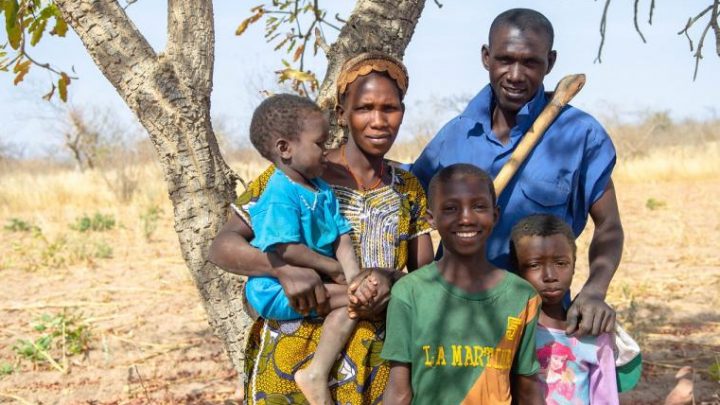
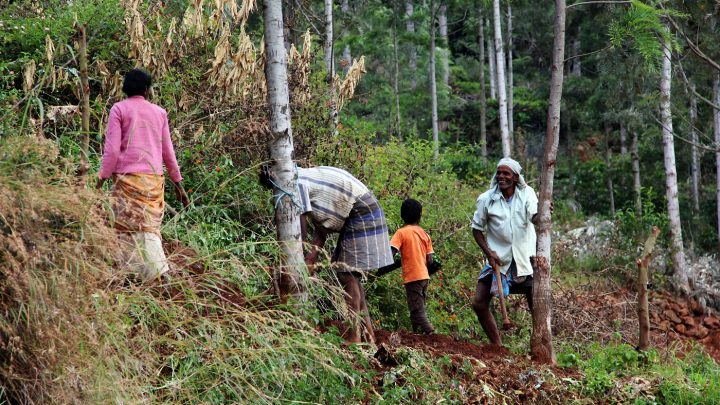
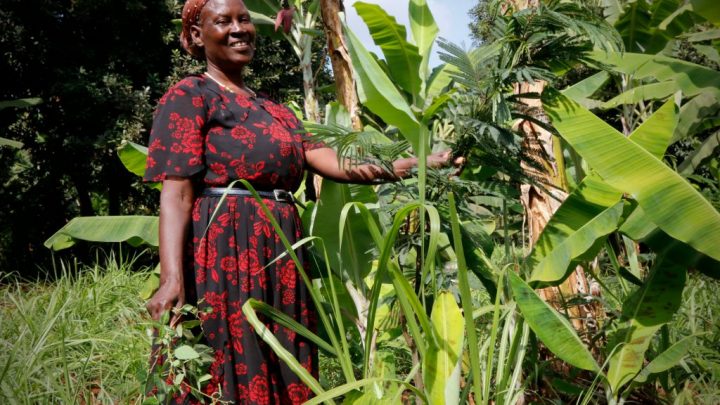

From Evergreen agriculture to
EverGreening
In response to the developing global restoration agenda and building on the core strength of the Alliance, our focus on EverGreen Agriculture has broadened to include not only agricultural lands, but also rangelands and degraded forests. EverGreen Agriculture has evolved into EverGreening, which comprises a suite of complementary practices including Farmer-Managed Natural Regeneration (FMNR), Pastoralist Managed Natural Regeneration (PMNR), and Assisted Natural Regeneration (ANR).
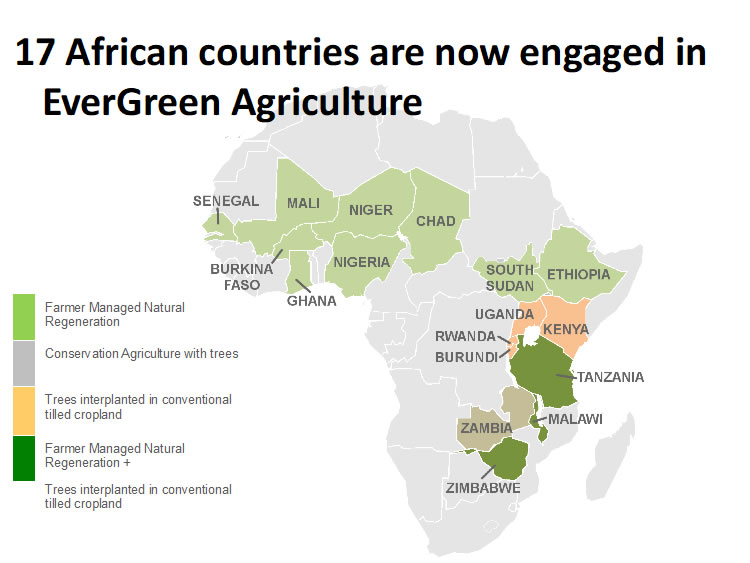
More specifically, EverGreening takes the proven-effective practices of EverGreen Agriculture and expands their scope to include:
- restoring degraded farmland with Farmer Managed Natural Regeneration and enrichment planting (where contextually appropriate) with beneficial farmer-selected tree and shrub species;
- restoration of degraded rangelands with Pastoral Managed Natural Regeneration;
- restoration of degraded forests, watersheds and other communal lands with Assisted Natural Regeneration and enrichment planting, where contextually appropriate;
- complementary practices that support, reinforce, and/or build on the benefits of these core approaches, including aspects of local value chain development and market access.
The integration of trees and shrubs into farming systems is critical in Climate-Smart Agriculture (CSA) approaches. They sustainably and reliably increase agricultural productivity and farm incomes, they build resilience to the effects of climate change, and they reduce greenhouse gas emissions.
